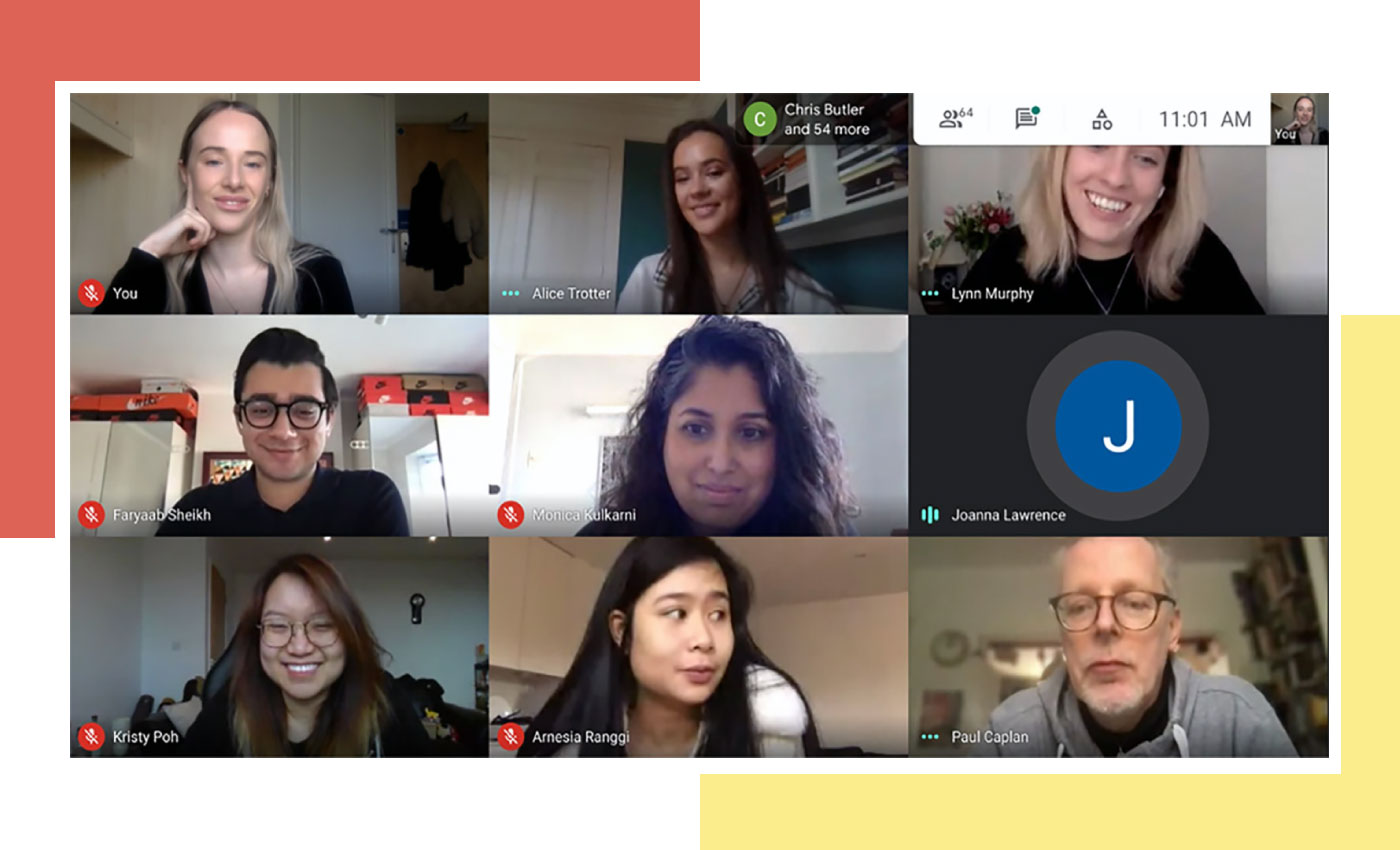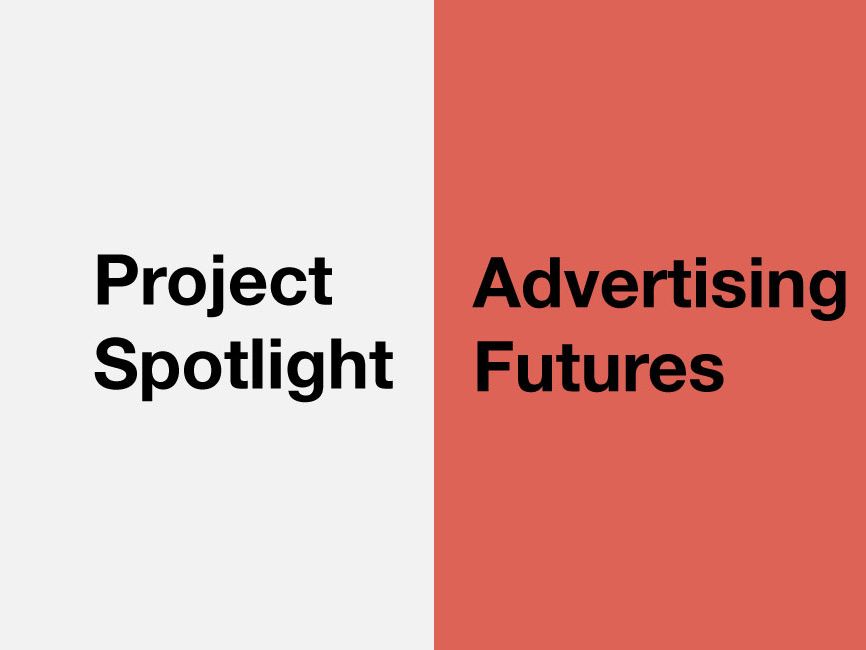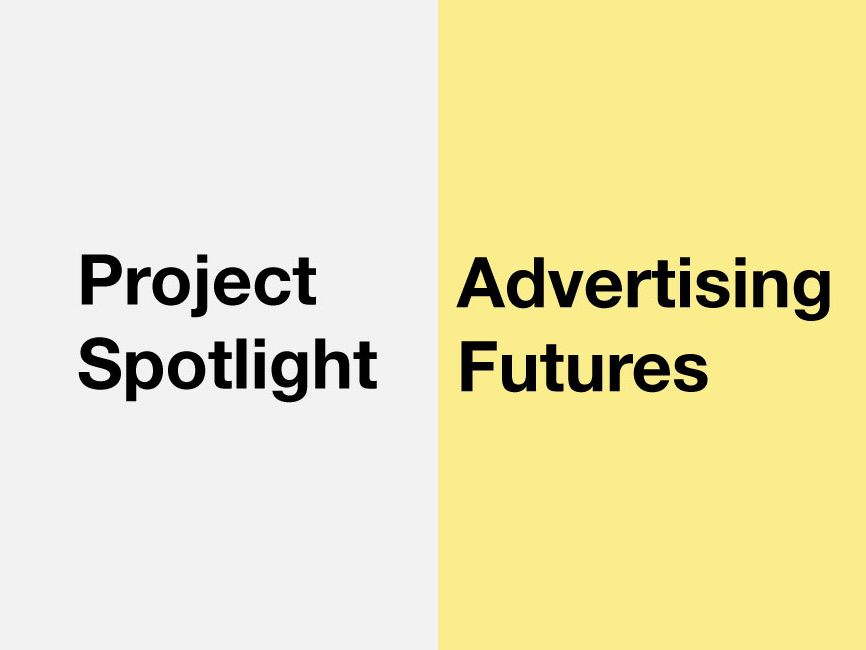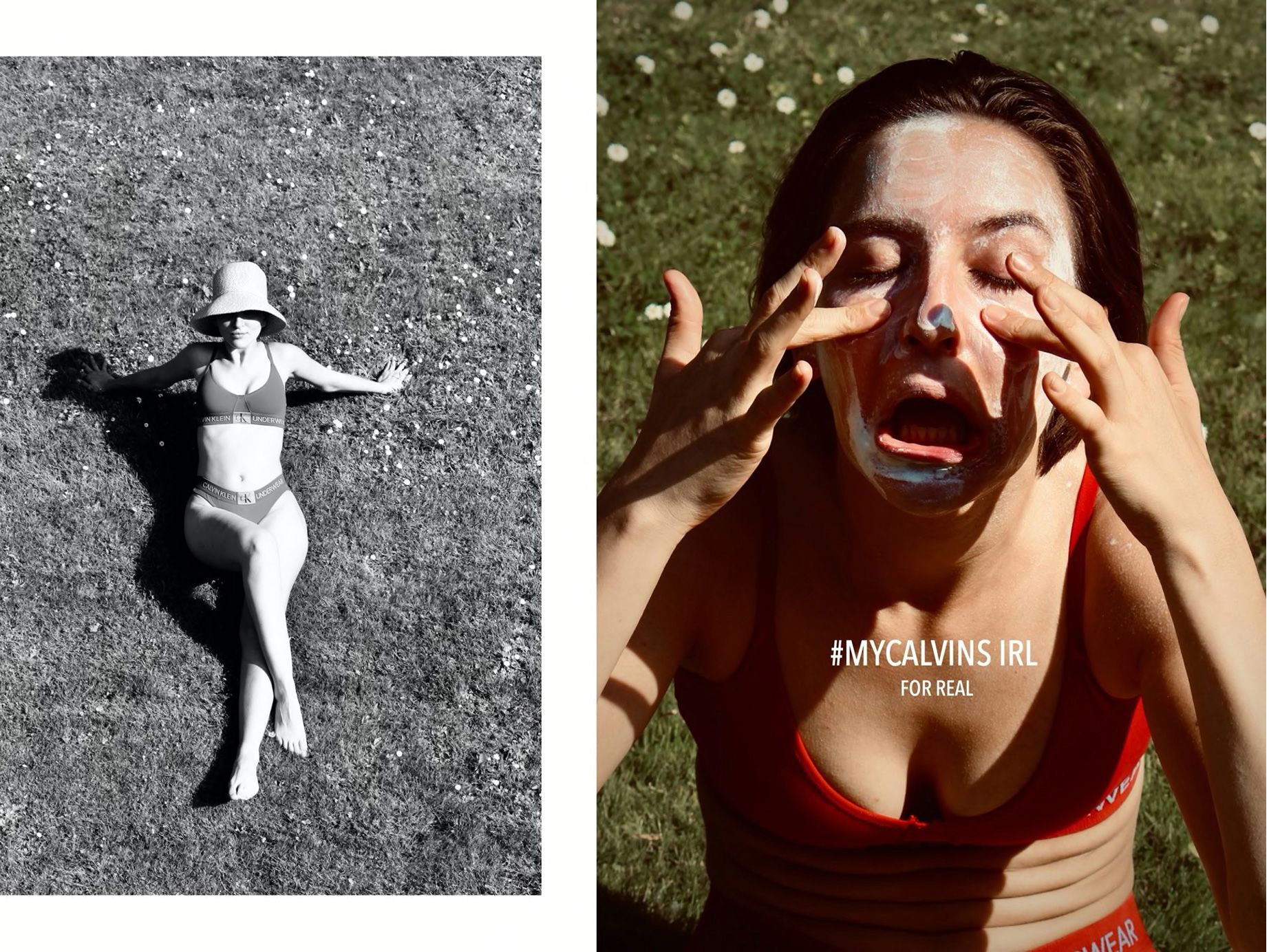The advertising landscape reflects and grows in parallel with the changing world around us. As demographics shift and diversify, and technology continues to develop at a rapid pace, advertisers must adapt and evolve in order to connect with audiences in creative, innovative and meaningful ways.
Students on the MA Advertising course at London College of Communication (LCC) were given the opportunity to consider the future of the field through a recent collaboration with one of the UK’s leading media organisations, The Telegraph. As part of their Advertising Futures unit, students were briefed with developing B2B concepts for the Technology Intelligence team with a core focus on the question: ‘How would you inspire the advertising industry to believe that The Telegraph’s technology channel is a brilliantly effective place to advertise their brands?’
Working in small groups, they responded to the brief by developing their own speculative fiction concepts that were designed to bring advertisers into The Telegraph’s digital trade marketing sphere.
As a genre, speculative fiction is designed around a series of ‘what if?’ scenarios that consider the impact of the present moment on future socio-cultural contexts. As defined by design technologist Julian Bleecker, speculative fiction is ‘like science fiction, in that the stories bring into focus certain matters of concern such as how life is lived, questioning how technology is used and its implications’. By translating the genre into the world of advertising, students were able to greater understand the changing ecology of the discipline, building the skills and experience needed to forge their own careers in a fast-paced, future-facing space.
After pitching their concepts to a range of professional colleagues, the top 2 student groups were invited to present for a second time to the wider senior commercial team at The Telegraph, who then reflected on the success of the project. Feedback was incredibly positive, and noted both the creativity and insight of MA Advertising students at LCC.
“Thank you for inviting us to be an industry partner," said one Telegraph colleague. "Really fantastic and professional presentations this morning, and we had about 60 people from across our department in the end on the call!”
“You should be so proud of your students,” commented another. “Their enthusiasm, creativity and can-do attitude is a real credit to them. I am absolutely sure they will go far.”

The first winning concept was developed by Arnesia Ranggi, Faryaab Sheikh, Monica Kulkarni and Kristy Poh, who explained how working with speculative fiction provided a particularly thought-provoking basis for the project.
“Our project highlight was probably when we finally created a story that sat in the perfect spot of being absolutely possible and also not too far off in the future! That was a tough one to land, because we got so excited about the possibilities of future technologies that it really distracted us from creating a believable speculative fiction. But once we did, the rest of the project just fell into place!” they said.
"Our team sat through many rounds of brainstorming sessions. If you ask Paul and Seema (our module tutors), they’ll tell you we tried pitching every type of futuristic technology under the sun before arriving at the story we settled on in the end. This also involved a lot of research, because not only did we want a thought-provoking piece, but we also wanted it to be realistic so that it grabs your attention, and makes you feel like the story we had to tell, while speculative, is also absolutely possible.
“This project has definitely helped us think outside the box, understand realistically what clients are looking for, and learn how to sell our ideas. The opportunity to work on a brief with real clients was invaluable - it’s given us an insight into the industry, and has also helped us make crucial first connections."
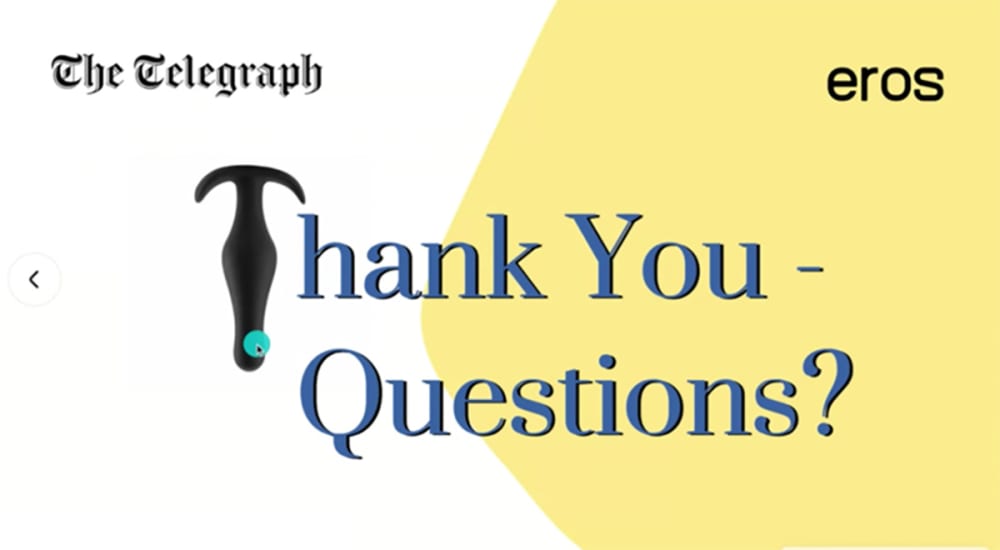
Alice Trotter, Lynn Murphy and Connie Lowman were selected as the second winning group for their concept, Eros, which integrated the imagined future development of dating app interfaces at the intersection of technology and relationships. They explained how taking part in the project enabled them to develop vital teamwork skills and professional experience for their future careers.
“Different people have different perspectives and ways of thinking, and it’s so valuable to create a much stronger, broader and more diverse piece of work. Overall, you get a much more complete and intricate finished piece that you can be so much more proud of because it’s beyond what you could have imagined alone," said Alice.
“Our creative process involved us having as much fun as possible!" agreed Lynn.
"I think the reason why was because we didn’t censor ourselves - our entire idea came from a throwaway ‘this is probably a really bad idea but…’ that we felt safe enough to share, and we decided to remain in that No Idea Is A Bad Idea mindset throughout the rest of the process. MA Advertising does such a good job of allowing us to go crazy with our creativity and ideas, but then reminding us to rein it back in and to make something that actually makes sense.”
“Getting the chance to work on a brief focusing on exciting and current topics for such a well-known name - and for industry professionals who were really enthusiastic to see what we had come up with - was so rewarding," said Connie.
"Listening to their positive feedback and feeling like we had given them something to think about was a great feeling - plus, forming those connections with members of The Telegraph team was great for us too."
Related links:
- Find out more about Technology at The Telegraph.
- Explore MA Advertising at LCC.
- Learn more about our Media School.
